Veggie burgers may seem like a healthy option in comparison to meat burgers because they are low in fat, calories, and cholesterol but a good source of protein. What many people don’t realize is that most veggie burgers contain highly processed foods. Veggie burgers that you find in the frozen aisle may be packed with excessive sodium, artificial colours, flavours, and textured vegetable protein (derived from soy). Even some organic veggie burgers may not be healthy. It is difficult to say the least, to find a healthy veggie burger made from vegetables and unprocessed sources.
When choosing a veggie burger or any food for that matter, always read the label! Look for:
- veggie burgers that contain beans, seeds, whole grains, or vegetables
Burgers made with soy or textured vegetable protein will be higher in protein but non-organic soy burgers contain trace amounts of hexane residue which is a neurotoxin (a substance that is poisonous to nerve tissue). Choosing a burger made of beans and vegetables will give you a burger with 10 or less grams of protein, which is still a good source of protein.
- short ingredient list & ingredients that you can pronounce
The less ingredients something has, the more better it is for you because chances are it doesn’t contain many chemicals such as artificial colours, flavourings, and preservatives.
- NO MSG
Monosodium glutamate, commonly known as MSG, is a flavour enhancer that is added to foods such as canned foods, Chinese take-out, soups, and other processed foods. Its sole purpose is to make food taste better so that you keep coming back for more.
- NO artificial colours or flavours
Artificial colouring is used to make processed food look more appealing and artificial flavour is used to make food taste better. Although not many studies have been done on all the different types of artificial dyes, the studies that have been done show that people have adverse reactions to dyes and some of these chemicals have been linked to brain tumours and certain types of cancers such as bladder cancer.
- burgers that don’t use oils such as canola, corn, soy, and sunflower oils unless they are organic
These oils are extracted using hexane.
- NO carrageenan
Carrageenan is used in vegan, vegetarian, and organic products as a stabilizer, emulsifier, and thickening agent. It is also used in place of gelatin. A study conducted by Joanne Tobacman in the early 2000s suggests that carrageenan can cause stomach inflammation, gastrointestinal problems including cancer.
- Low sodium
Many veggie burgers contain up to 400mg of sodium and that is without the bun and all the other toppings and condiments. According to Health Canada, the daily recommended intake of sodium should not exceed 2300mg for those aged 14-70. The daily recommend sodium level for children aged 1-3 up is 1000mg, for kids aged 4-8 it is 1200mg, and for kids aged 9-13 it is 1500mg. An excess in sodium can lead to high blood pressure and as a result heart and kidney disease.
Engine 2 Plant-Strong is a brand of veggie burgers that come in a variety of flavours and most importantly they meet the above guidelines. These burgers are available at the Whole Foods Market.
Good veggie burgers are difficult to find and can be very costly. You can make your own veggie burgers for a fraction of the cost and it the best way to ensure safe and healthy ingredients are used. If you make a large batch, you can freeze them until needed. There are countess recipes on the web and the best part is you can alter any recipe to suit your tastes.
Here are two healthy veggie burger recipes: Chickpea Burgers & Beans and Quinoa Burgers
Feature Image: www.chacha.com

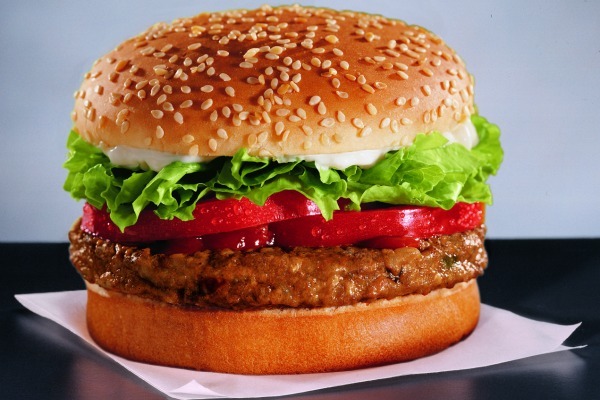
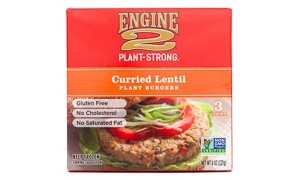
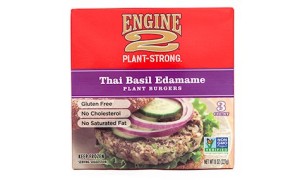
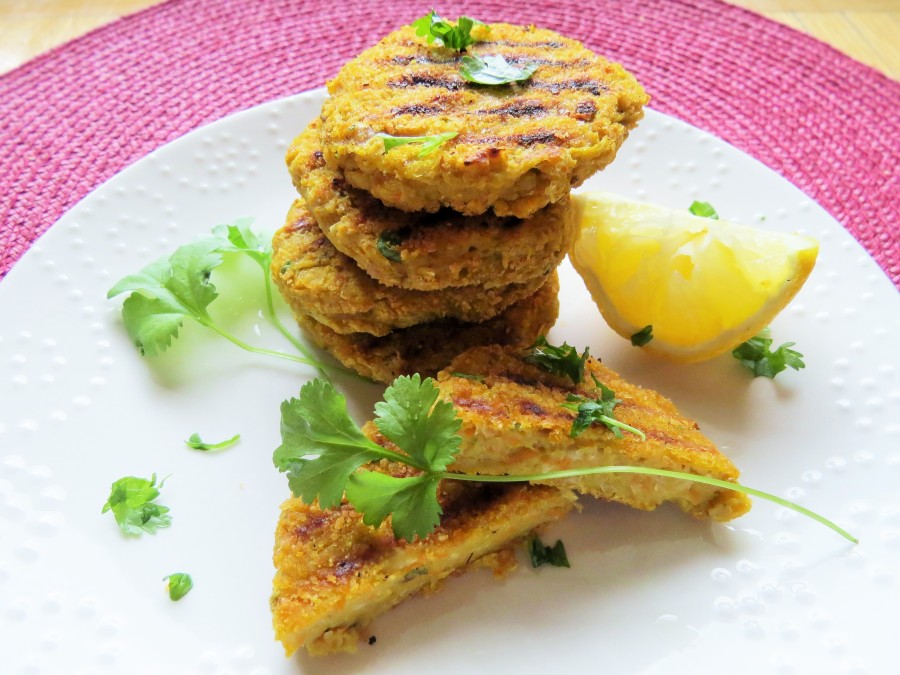
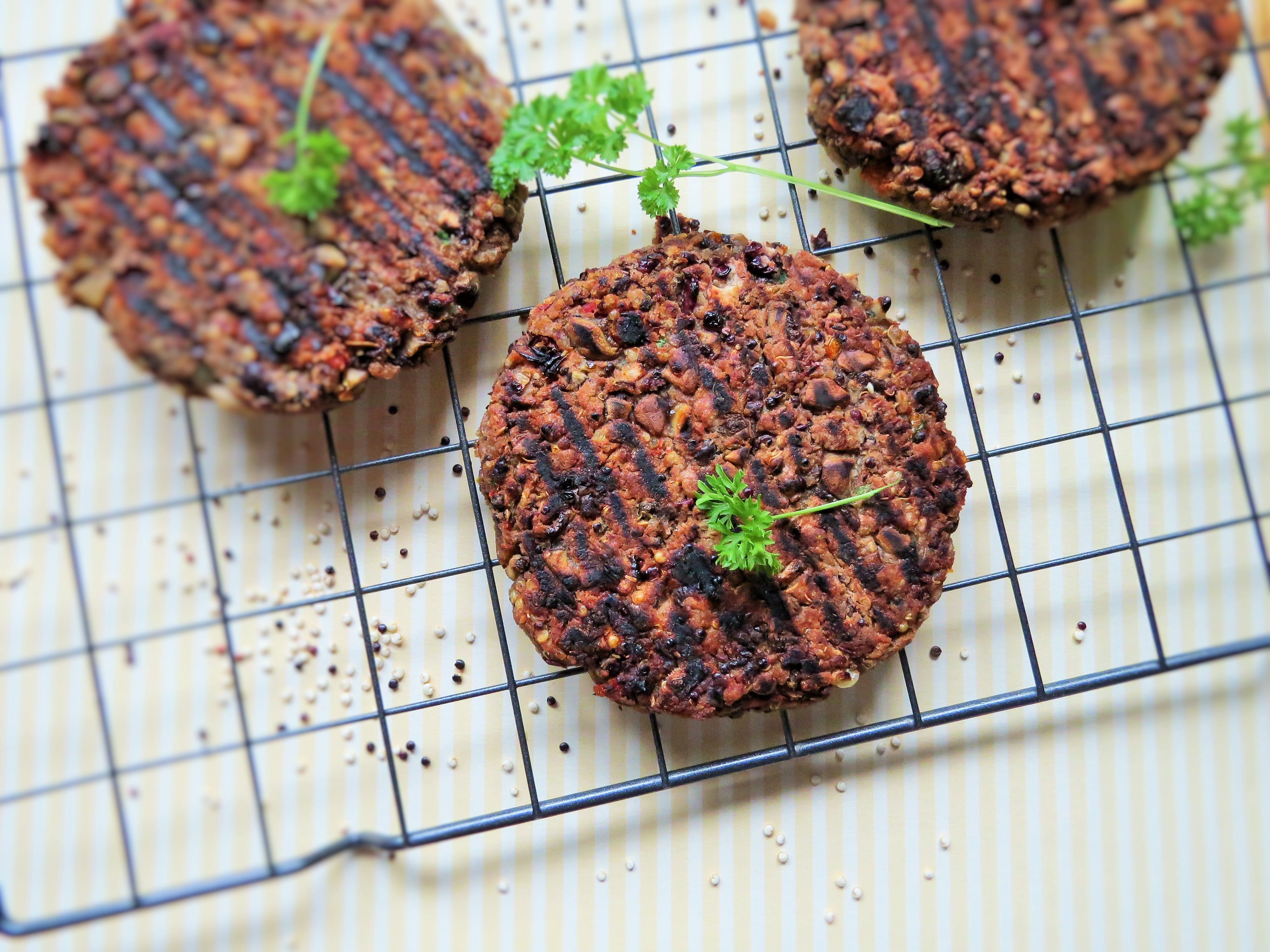


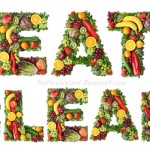
[…] If you still prefer to buy your veggie burgers, check out my older article, Veggie Burger. […]
Wow. Great post. I have been reading labels since I learned about cancer-causing chemicals and food additives in high school (many years ago, lol) and rarely eat foodstuffs that have more than a few ingredients. I really do believe that “you are what you eat.”
Thank you! That is so true. I have always been health-conscious but I have become a lot more so since having had my children. I think you would enjoy a lot of my posts 🙂